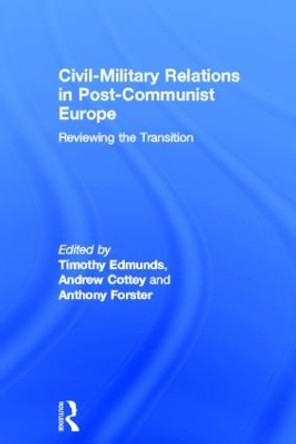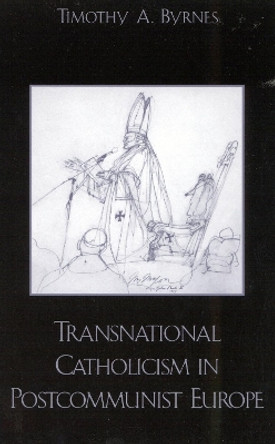Description
Fifteen years after the fall of communism, we are able to appraise the results of the multi-faceted postcommunist transition in Central and Eastern Europe with authority. This volume specifically addresses the fascinating area of Civil-Military relations throughout this transitional period.
The countries of the region inherited a onerous legacy in this area: their armed forces were part of the communist party-state system and most were oriented towards Cold War missions; they were large in size and supported by high levels of defence spending; and they were based on universal male conscription. Central and eastern European states have thus faced a three fold civil-military reform challenge: establishing democratic and civilian control over their armed forces; implementing organisational reform to meet the security and foreign policy demands of the new era; and redefining military bases for legitimacy in society.
This volume assesses the experiences of Poland, Hungary, Latvia, Romania, Croatia, Serbia-Montenegro, Ukraine and Russia in these areas. Collectively these countries illustrate the way in which the interaction of broadly similar postcommunist challenges and distinct national contexts have combined to produce a wide variety of different patterns of civil-military relations.
This book was previously published as a special issue of European Security.
About the Author
Timothy Edmunds is a Lecturer in Development and Security at the Department of Politics, University of Bristol
Andrew Cottey is Jean Monnet Chair in European Political Integration and a Lecturer at the Department of Government, University College Cork.
Anthony Forster is Professor of Politics and International Relations and Head of Department at the Department of Politics, University of Bristol.
Book Information
ISBN 9781138376694
Author Timothy Edmunds
Format Paperback
Page Count 188
Imprint Routledge
Publisher Taylor & Francis Ltd
Weight(grams) 453g








